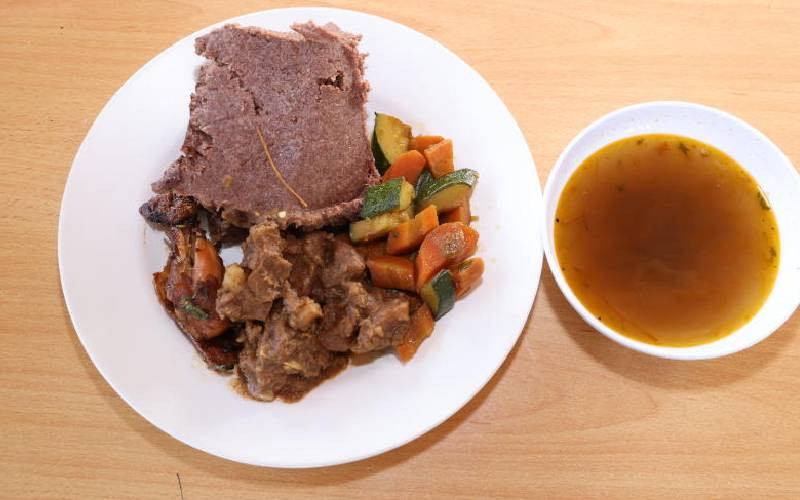
Every day, Kenyans in different homes around the country prepare meals that include "healthy" vegetables. For urban dwellers, the vegetables are often purchased from the market.
"I look for succulent sukuma wiki (kale); well-defined onions; or round, big, unblemished tomatoes," says Leah Wafula, a mother of two.
Day in and day out, health nutritionists advise that vegetables are healthy. "At least half of your plate should be vegetables," they say.
Facts First
Unlock bold, fearless reporting, exclusive stories, investigations, and in-depth analysis with The Standard INSiDER subscription.
Already have an account? Login
 The Standard Group Plc is a multi-media organization with investments in media
platforms spanning newspaper print
operations, television, radio broadcasting, digital and online services. The
Standard Group is recognized as a
leading multi-media house in Kenya with a key influence in matters of national
and international interest.
The Standard Group Plc is a multi-media organization with investments in media
platforms spanning newspaper print
operations, television, radio broadcasting, digital and online services. The
Standard Group is recognized as a
leading multi-media house in Kenya with a key influence in matters of national
and international interest.











